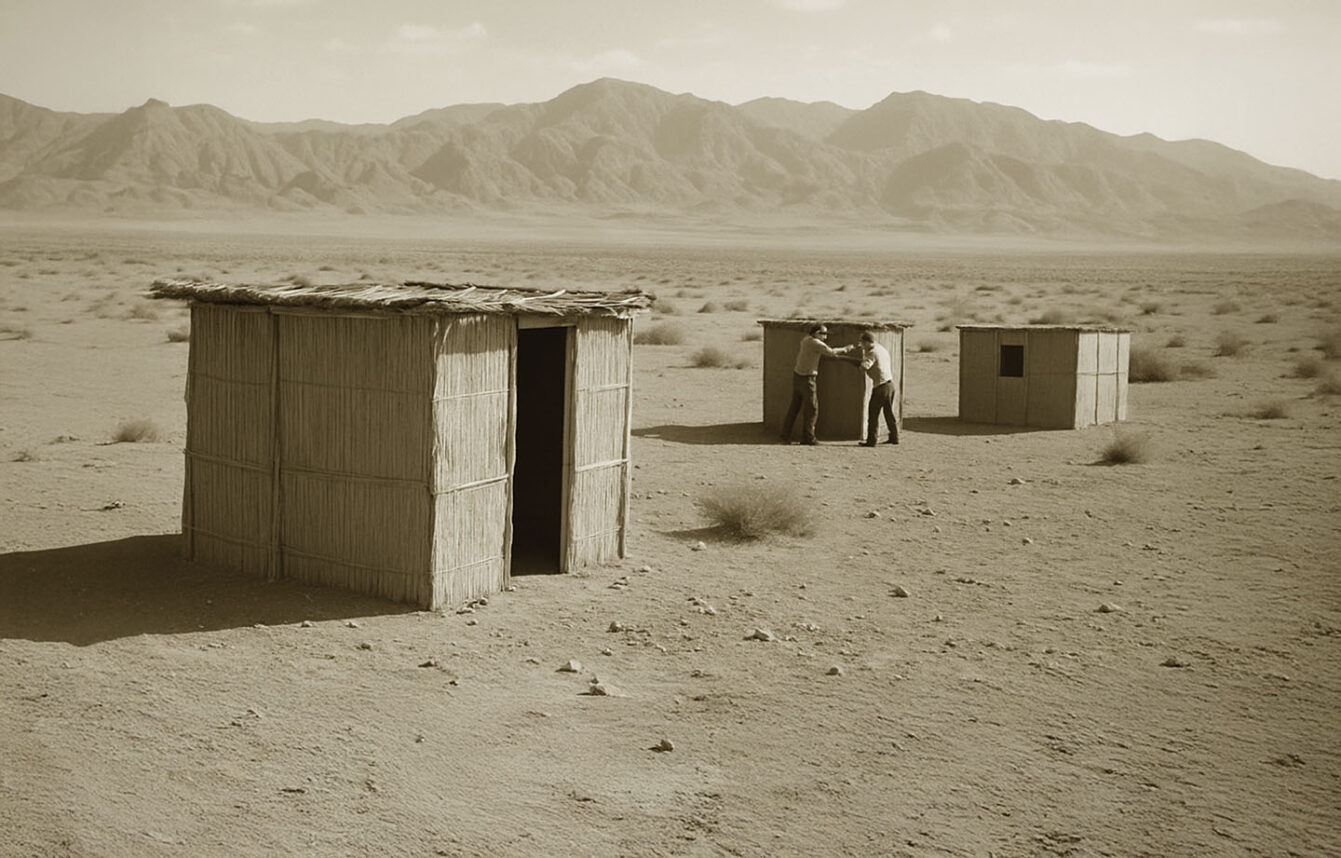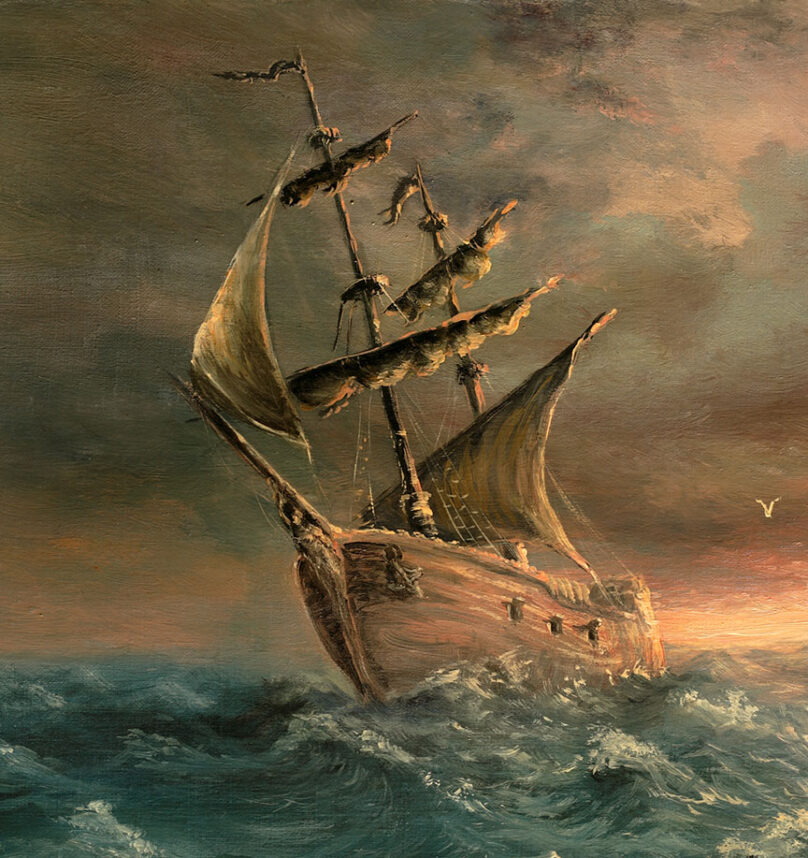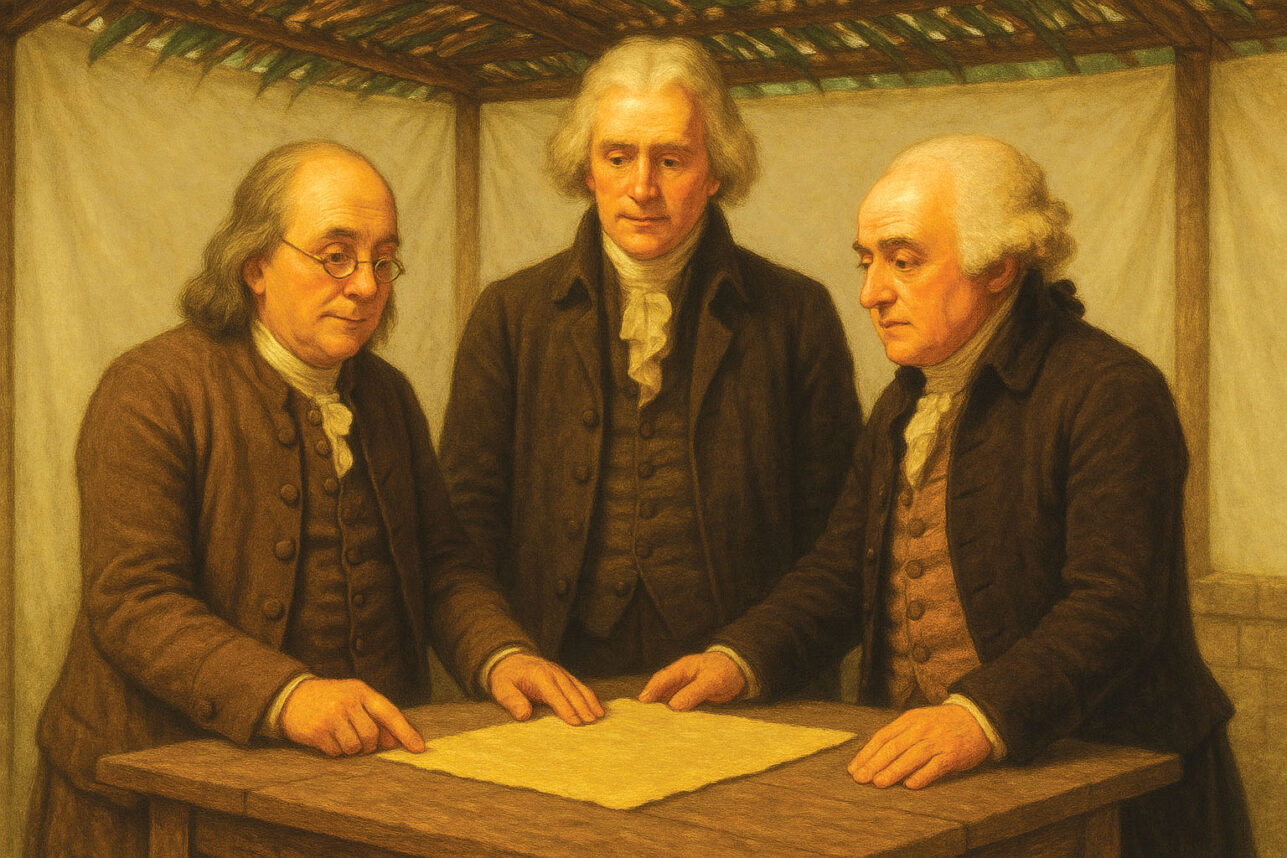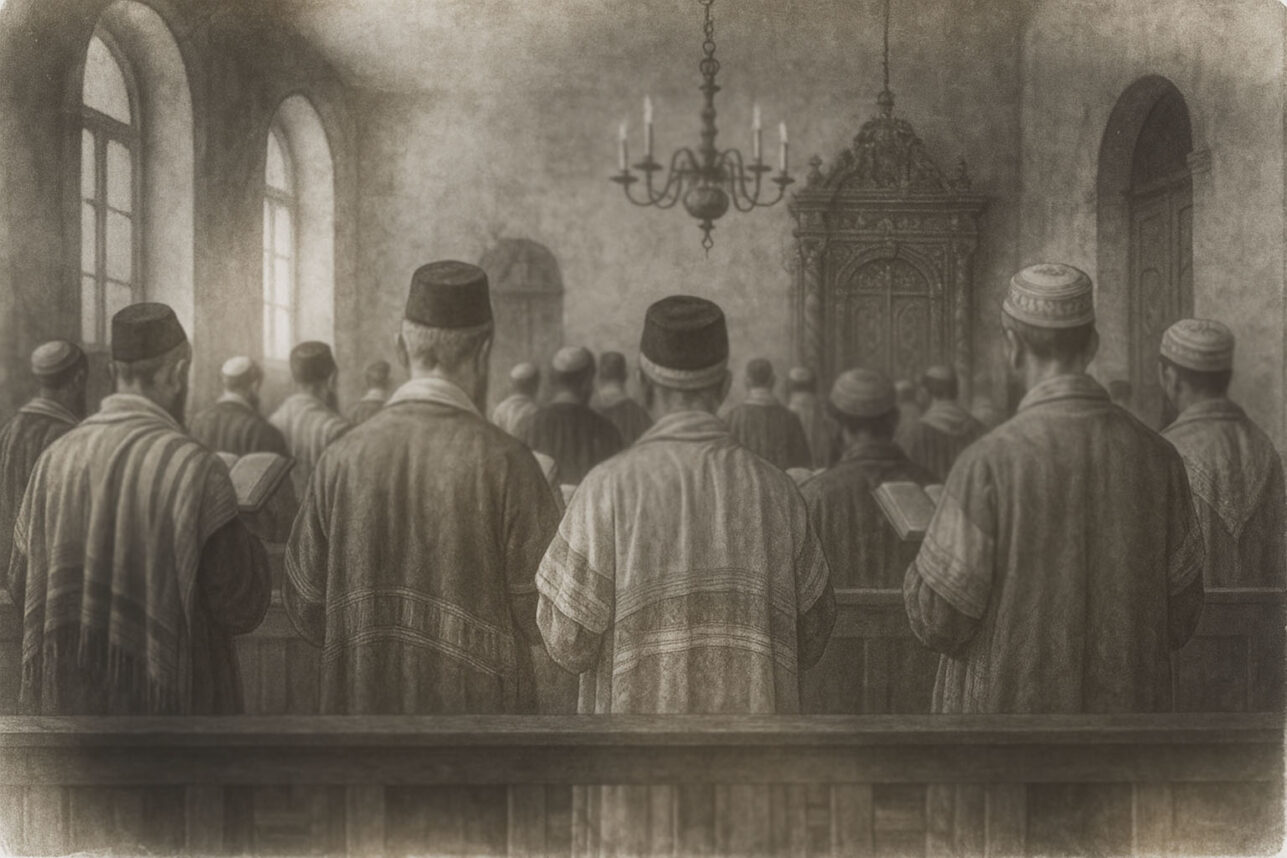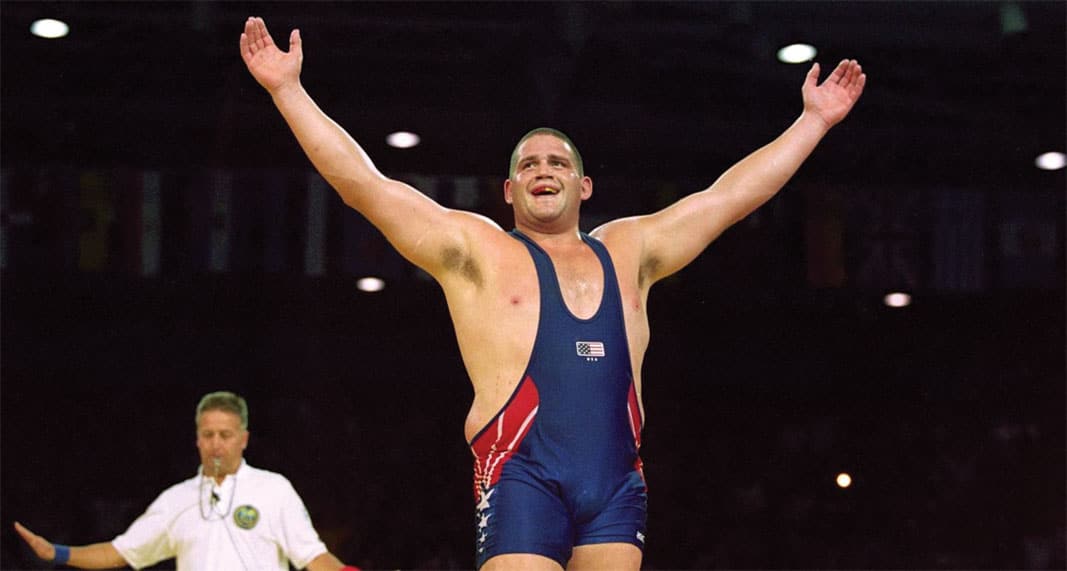
Reflecting on his latest film “Rulon,” documentarian Adam Irving recites a cliche about professional athletes: “Every athlete dies twice. They die when they retire, and they die again when their body ceases to live.”
That is the story that Irving presents in this Olympic Channel original film.
Every two years, after the Olympic flame is extinguished, each athlete goes home with a participation medal. But not every athlete goes home to Michael Phelps-esque fanfare. Most athletes don’t get endorsements like Shaun White or perform for sold-out arenas after the games like Simone Biles and Aly Raisman.
Many Olympic champions who inspired fans with their perseverance and performance end up struggling after the jubilation fades.
After the 2000 Olympic Games in Sydney, the athlete whose underdog story inspired sports fans throughout the United States was Rulon Gardner. Gardner is a burly Greco-Roman wrestler from a small town in Wyoming that doesn’t even have a traffic light.
That summer, Gardner defeated a seemingly unbeatable, heavily-favored multi-Olympic champion from Russia. It was often said that Gardner came out of nowhere to become a heavyweight champion. It was a real-life Rocky Balboa vs. Ivan Drago tale. He returned to the U.S. to much adoration, and many appearances on TV from “The Today Show” to “The Tonight Show with Jay Leno.” Fans recognized him in the big cities, and neighbors lionized him in his hometown.
In an interview with the Journal, Irving said that at first, the film feels like the climax of Gardner’s life is only 37 minutes in (when he wins the gold), but it’s really only act one of a harrowing story.
“His gold medal is already one of the greatest stories in sports history,” Irving says. “And who could have thought all these things since could have happened to one person?”
Without revealing what happens next, at one point following Gardner’s gold medal performance, the reality sinks in that his days as a competing professional athlete have ended.
That’s where Irving steps in. A Brandeis grad and 2010 Jewish Journal “Mench List” honoree, he had already created a documentary about a fascinating soul overlooked by society, the award-winning, “Off The Rails: The Darius McCollum Story.” He gave Gardner the same treatment.
“By the time some athletes are 25 or 30 years old, they’ve peaked physically,” he said. “So by the time they’re 40, their stories get forgotten.”
Irving also pointed out the paradox that Olympians in particular are apotheosized as “world champions,” but are only showcased to the masses during a tiny window of time.
“They’re only in the spotlight for two weeks every four years. Baseball players and basketball players are on TV every night. They’re talked about, they’re tweeted about, they play on and on every season. But with Olympic athletes, especially in obscure sports like Greco-Roman wrestling, they have their small moments. Rulon was on Oprah [and] Leno. And now he’s back home.”
He continued, “people in their teens and twenties don’t know who Rulon is.”
Irving sees Gardner’s tale as one that needs to be shared, to keep the inspiring story of perseverance alive in the sports fan psyche.
What Irving documented is a story of a salt-of-the earth man searching for a reason to keep on competing in life when he can no longer do what he loves the most.
What Irving documented is a story of a salt-of-the earth man searching for a reason to keep on competing in life when he can no longer do what he loves the most.
The documentary shows how Gardner’s 2000 Olympics championship round opponent ended up having a career in Russia outside of athletics that’s arguably even more impressive than his own Olympic accolades. That alone can be a tormentous thought to bear. And there’s plenty more that Gardner continues to contend with.
“Sometimes you have to go through hardship,” Gardner said. “You have to deal with the pain and agony of defeat to get to the happiness in life.”
This is a film that will be enjoyed by not only sports fans, but by anyone who, like Gardner, has had to hit the reset button in life.



















